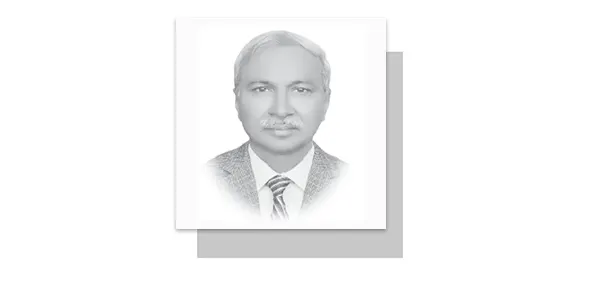The SIFC and non-resident Pakistanis are playing a vital role in the economic devel-opment of the country. In this regard, an International Investors’ Conference was re-cently held at the Chamber of Commerce and Industry in Quetta. During this event, members of the Governing Council of Non-Resident Pakistanis, including Imran Shauket, Media and Mass Communication specialist Shahab Qarni, Muhammad Ka-zim Achakzai from the Landlords Action Committee, Shahid Paracha, Jalaluddin Qu-reshi and others expressed their views. They mentioned that there is a significant global demand for organic food, but unfortunately, there seems to be no initiative in Pakistan, especially in Balochistan, to tap into this sector. Balochistan is rich in vege-tables, fruits, saffron, olives, onions, tomatoes, chilies and high-quality livestock, yet issues like lack of market access, limited resources and awareness remain pesticides challenges.
The excessive use of fertilizers and pesticides on wheat, grains, vegetables and fruits to boost yield per acre has led to an increase in diseases such as diabetes, cancer, heart conditions and numerous other ailments. This is a form of slow poisoning, which gradually impacts the body. There is a general perception that organic food is more nutritious, healthier and more beneficial for the environment and sustainability. As a result, the demand for organic food is on the rise worldwide. From planting to har-vesting, the entire process of organic food production uses renewable resources, con-serves water and land and helps maintain environmental standards for future genera-tions.
Currently, the International Federation of Organic Agriculture Movements (IFOAM) is overseeing the interests of organic food producers in 117 countries around the world. According to a report, the global market for organic food and beverages was valued at $200 billion in 2022 and is expected to reach $250 billion by 2026, com-pared to $90 billion in 2015. This indicates how rapidly this market is growing glob-ally. If we specialize in this sector, organic food can become a major source of foreign exchange, opening access to international markets. This would revolutionize our food industry, as organic food production requires less land area while yielding higher profits compared to traditional crops. Participants at the conference suggested that Ba-lochistan has the potential to grow high quality organic olives and saffron, which are in great demand worldwide. This would not only generate significant foreign ex-change but also improve the living standards of the local population.
In this context, non-resident Pakistanis announced plans to launch the “Balochistan International Institute of Organic Food” in Texas, USA, on May 2, 2025, to help Paki-stani organic farmers access international markets. Organic food has the potential to earn Pakistan up to $20 billion annually in foreign exchange. According to a report from Harvard University, Americans spent $5 billion in just one year on herbal medi-cine alone. In northern regions of Pakistan, there are over 6,000 varieties of herbs, of which more than 700 are used in allopathy, homeopathy and Unani medicines. Addi-tionally, over 5,000 species of flowering plants are found. This could become another important source of foreign exchange. The efforts made by non-resident Pakistanis and the SIFC in this regard could open up new paths for development.
—The writer is contributing columnist, based in Faisalabad.










